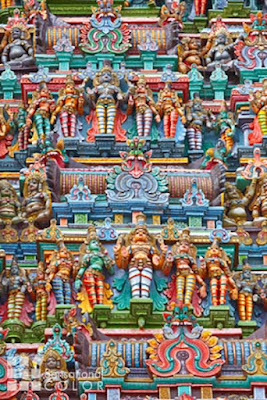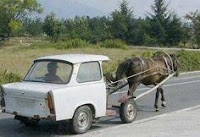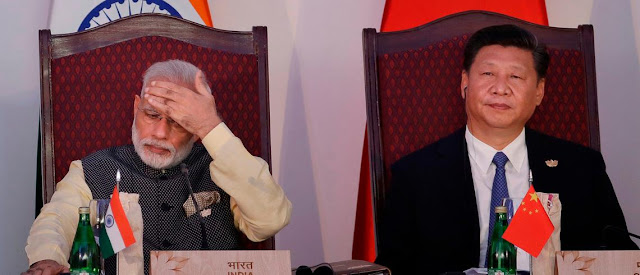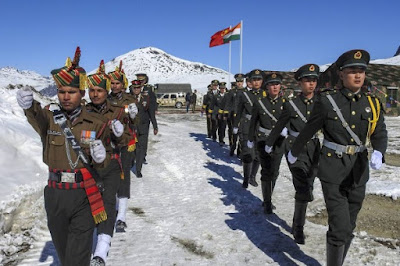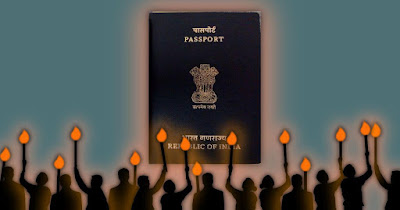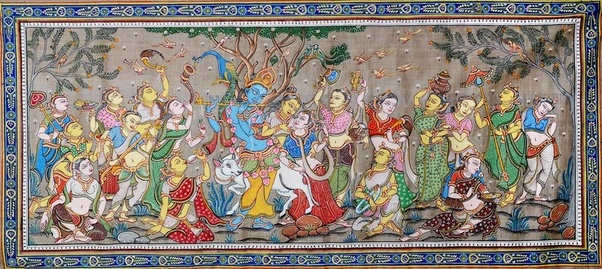An Indian Education
What is an Indian education? I stumbled upon the debate pretty much unknowingly, attempting to call out a hoax ( see here ). Before that, I worked for ten years setting up Computer Education centres in hundreds of towns and cities across the Indian subcontinent but never questioned the cultural significance of my work. After that 2008 post though, I couldn't unsee it anymore. It became the focus of my academic work, which I took up only subsequently. If anyone asks what my big goal in life is, it will still be to return to India and set up, together in a community of fellow travellers, a truly Indian university. I consider all my current work to be a preparation, daily attempts to understand and to perfect my craft, so that, one day, it can all come together. Periodically, therefore, I get interested in projects in India and excitedly promote projects which show promise. However, within India's current privately driven mass higher education and its crass...
